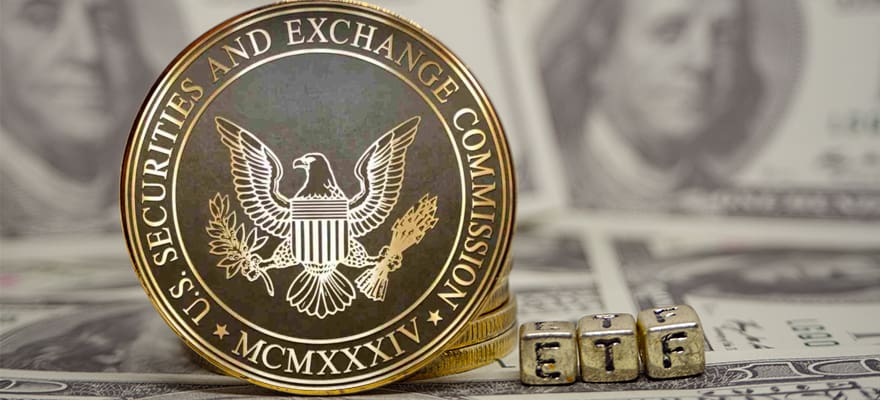The US Securities and Exchange Commission agreed to pay $1.1 million to an anonymous whistleblower who provided high-quality analysis that helped the agency staff spot new illegal practices during an ongoing investigation.
In this particular case, the tipster examined publicly available materials and then alerted the watchdog to refocus an ongoing investigation on the violations that were ultimately charged. The SEC praised the Whistleblower , who continuously provided the agency with new insights into the securities law violations, which helped the watchdog protect investors’ assets.
In addition to the tip, the whistleblower’s information and assistance helped the regulator devise an investigative plan in early stages, preserving the watchdog time and resources, it said.
The US top regulator did not name the company involved or the people getting the awards, citing federal law that protects confidentiality.
Today’s announcement brings the whistleblower program’s total endowment to over $720 million since issuing its first award in 2012. This whistleblower is the 113th individual to receive an award through the program.
The SEC’s biggest whistleblower award was $114 million, issued last month to an unnamed whistleblower for assisting in a successful clampdown.
Whistleblowers are entitled under law to between 10% and 30% of the monetary penalties paid by companies in cases where their information led to a successful enforcement action of $1 million or more.
However, the decision-making process takes some time as the agency has sorted through a flood of requests for awards and tips on potential corporate wrongdoing.
The recent rewards come as the regulator tries to recover from a dip in whistleblower performance throughout the previous year. In 2019, the number of whistleblower tips fielded to the country’s top markets regulator dropped for the first time since the program’s inception in 2011. The drop was partially attributed to SEC’s thinking about introducing caps on awards and giving the SEC staff more discretion to reduce certain payouts.
The SEC chief took a step back following a backlash from the program advocates who claimed the changes would deter insiders from coming forward with tip-offs on fraud and other violations.

















